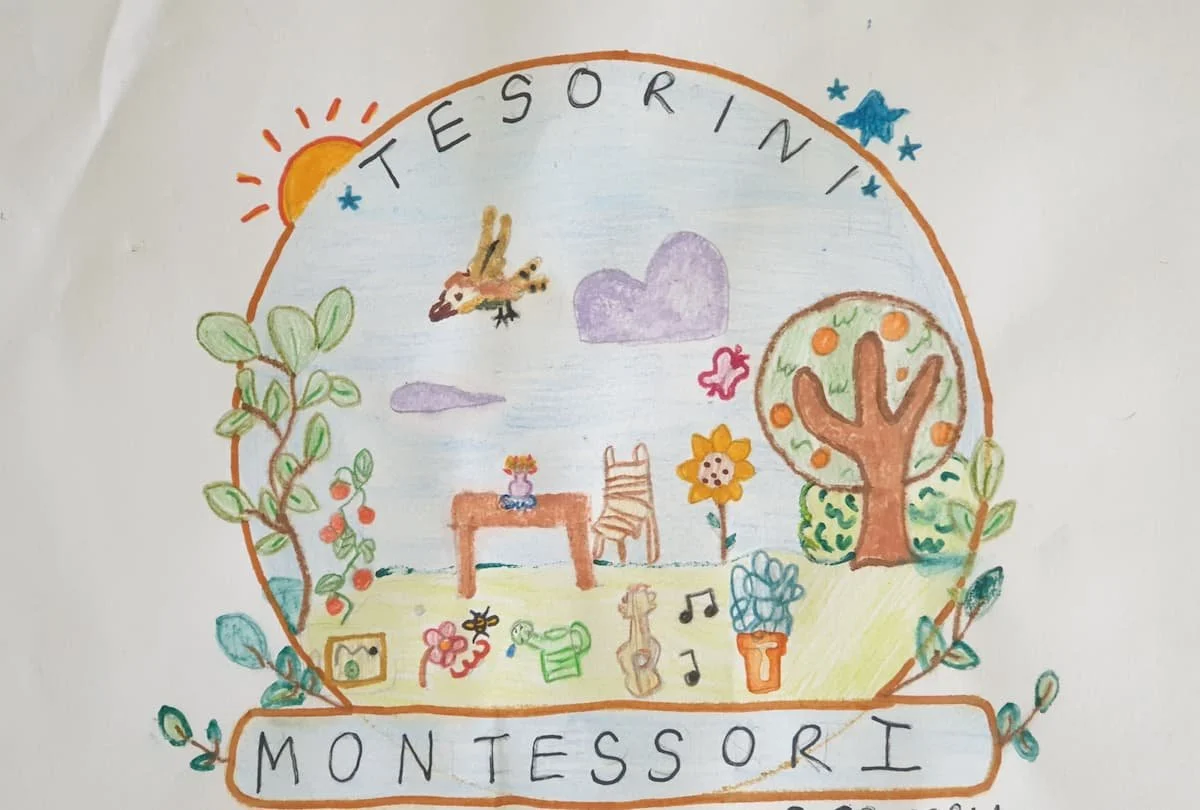Gross Motor Development
“Watching a child makes it obvious that the development of the mind comes about through movement,” Maria Montessori.
When we see a child initiating contact with their environment, it is a demonstration of independence. Interacting with their environment brings a wealth of information to their brain, stimulating neural activity and connections. The senses are an essential influence, prompting movement towards or away from something or someone.
Think of a baby lying on a mat. The baby accidentally hits a hanging toy hovering over its head. It makes a sound, a squeak or a knock. The baby then tries to repeat, and new neural pathways are developed with every repetition. And! A baby's brain forms 1,000,000 connections per second.
The pathways formed in a baby’s or toddler’s brain are experience-dependent, meaning they are shaped by interactions with caregivers, their environment, and sensory experiences. A Montessori environment is a ‘yes space’; the prepared environment is designed for toddlers to have free rein and independently choose activities. We honour their innate drive to move.
Development of Equilibrium
Montessori environments are designed to encourage movement, with low shelves, child-sized furniture, and open spaces that allow children to move freely. This freedom, too, promotes coordination, balance, independence, and self-confidence. Similarly, in the outdoor environment, toddlers have the opportunity to push a wheelbarrow, balance, climb, lift heavy and awkward objects, run and jump. As young children gain control of their movements, they, too, are able to perform self-care tasks like dressing themselves and carrying objects.
An intrinsic sense of self-belief, dignity and a ‘can-do’ attitude gain momentum.
Toddlers are refining their movements and motor coordination through experience and repetition.
‘Maximum effort’ - toddlers will naturally increase the challenge by lifting or carrying large or awkward objects.
Purposeful movement is crucial for brain development because it connects physical and mental processes, shaping brain architecture and cognitive abilities.




